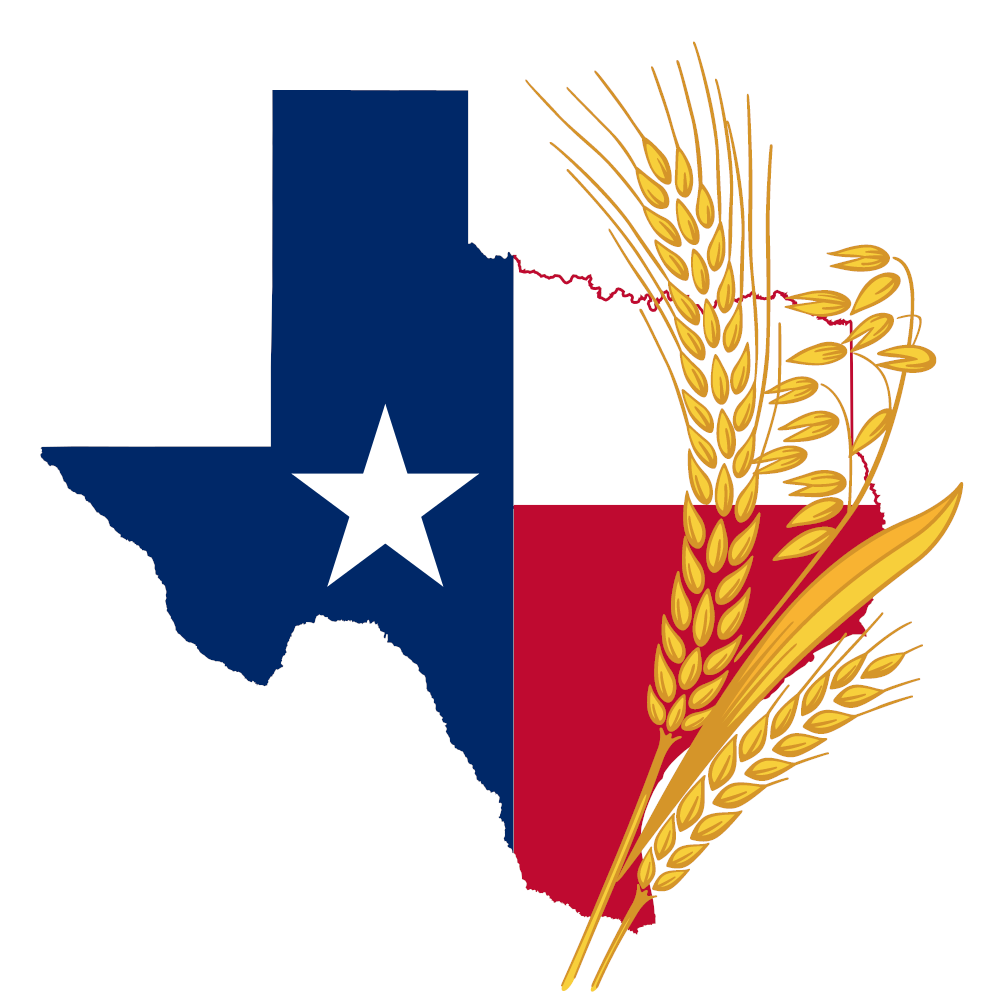Before we get to the good stuff, we need to eat our vegetables.
If you haven't voted yet, you can go to Vote Texas to find your local early voting location and it's hours. Harris County has an app you can use to find your nearest location.
Please - go vote!
And that leads me to this week's Texas Plenty Quick Fix!
How to stop the calls and texts
Like many of you, I've been phone banking and texting voters to ensure that they use the opportunities out there to vote early in the upcoming November General Election.
That being said, I know everyone's tired of the constant communication.
So here's what you can tell them - when they vote, the calls and texts will stop. Here's why.
Campaigns have limited amounts of time, talent and treasure. If a person has already voted, it doesn't make sense to contact them.
But how you might ask, would they know you already voted?
Well every day after voting ends, the Texas Secretary of State (along with the other states) will publish the list of voters that have voted. They do that to ensure transparency and accountability in the voting process. This way everyone is aware of who voted - but of course, not who they voted for.
Campaigns update their contact lists with this information and remove folks that have voted.
So if you want the calls and texts to stop - go vote!
The bigger picture: Smaller communities
As I've written before, one of the challenges in our country today is that our communities are too large. And with large communities come the impersonal calls and texts from campaign volunteers.
In another world, one with smaller communities, civic groups - like professional organizations, small business or neighborhood associations, labor unions, churches or PTAs - would use their networks to get out the vote. Because it's more effective for people to be contacted by those they know, not random strangers.
In fact, some campaigns try to do this with campaign volunteers through something called relational organizing. It's only somewhat effective because, unlike civic groups, this organizing uses peoples' individual networks and can't take advantage of a group's scale.
Unfortunately, because our communities are too large, civic organizations are either too small to make a difference or too numerous in a district/state to organize.
Just another reason to support smaller communities!
Thanks for reading - see you next time!

